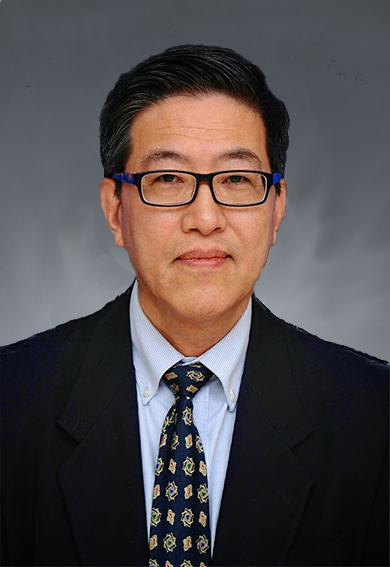-

- Li Weijian
- Senior Research Fellow
- Center for west Asian & African Studies
- Institute for Foreign Policy Studies
- Prof. Li Weijian interviewed by Global Times on the situation in Afghanistan
- Li Weijian:US leaves Iraq in tatters to target China, but still keeps the region on radar
- Middle East needs multilateral solutions to end violent cycles
- Despite hurdles, biggest wish of Afghans remains peace
- Erdogan's China visit: main concern is Turkey's economy
- China Plays Great Role in Fighting ...
- Iran’s Economy after the Sanctions ...
- Beyond the Strategic Deterrence Nar...
- China’s Role in African Security Is...
- Why China's role is not very visibl...
- Is the Iran Nuclear Issue Resolved?
- China’s Emerging Cyberspace Strateg...
- The Lessons of Terrorism in Mindana...
- The Jihadi Pivot to Asia
- Shifting the momentum on the Korean...
- Identifying and Addressing Major Is...
- China's Relations with Two Sudans: ...
- Perspectives on the Future of China...
- A Promising Partnership between BRI...
- The Sudan - South Sudan Reconciliat...
- China's Relations with Two Sudans:F...
- China’s Role in Sudan and South Sud...
- The EU and the Sudans
- Development through Peace: Could Ch...
- China, Sudan and South Sudan Relati...
- Competition without Catastrophe : A...
- China-U.S. Cyber-Nuclear C3 Stabil...
- Lies and Truth About Data Security—...
- Biden’s Korean Peninsula Policy: A ...
- The G20’s Sovereign Debt Agenda:Wha...
- Health Silk Road 2020:A Bridge to t...
- The Tragedy of More Missed Opportun...
- The Tragedy of Missed Opportunities
- Working Together with One Heart: P...
- Working Together with One Heart: P...
Editor's Note: Iran announced on Friday that it would stop implementing some of the provisions of the 2015 nuclear deal with major powers to continue its nuclear research and development program. This is Iran's latest move to withdraw from the nuclear deal amid escalating tensions with the US. Prof. Li Weijian, a senior fellow at the Center for West Asian and African Studies, and the Institute for Foreign Policy studies of SIIS shared his views on the US-Iran standoff with China Daily. Excerpts follow:
Third-party mediation needed more than ever
Despite Iran reducing its commitments to the nuclear deal and the US tightening sanctions on Iran, the situation in the Middle East has not gone out of control. The US intends to prolong the stalemate till Iran can no longer endure the economic pain, and Iran is putting up a strong façade thanks to the pressure from the opposition forces at home. Yet the tools that Iran could wield to counterattack the US are indeed few.
So Teheran has adopted an approach of gradually putting pressure on the US and its allies. But neither Iran nor the US wants a military confrontation.
France inviting Iranian Foreign Minister Mohammad Javad Zarif to the G7 Summit was quite a diplomatically significant move. It shows European countries such as France and Germany are becoming more independent as far as their foreign policies are concerned and more freely voicing their views on global and regional affairs-a development that is expected to strengthen in the near future.
Indeed, the Middle East situation demands more effective third-party mediation, because preventing the situation from getting out of control not only suits the interests of the US and Iran but also other countries. Still, expecting the other signatories to the Iran nuclear deal to take concerted action would be impractical because not all of them would risk angering the US.
So the stalemate will continue for some time. And domestic politics will largely determine the US' next move toward Iran.
Source of documents:China Daily, Sep. 10
